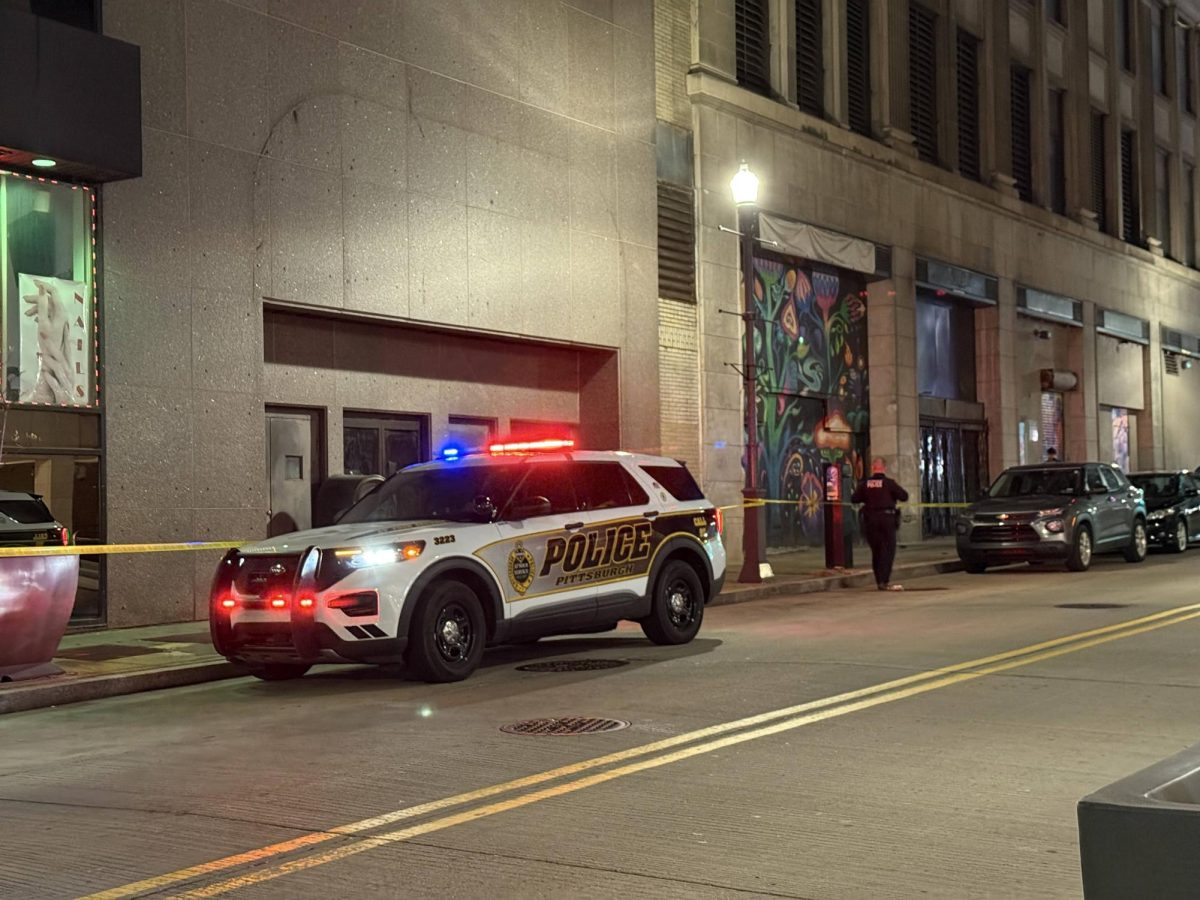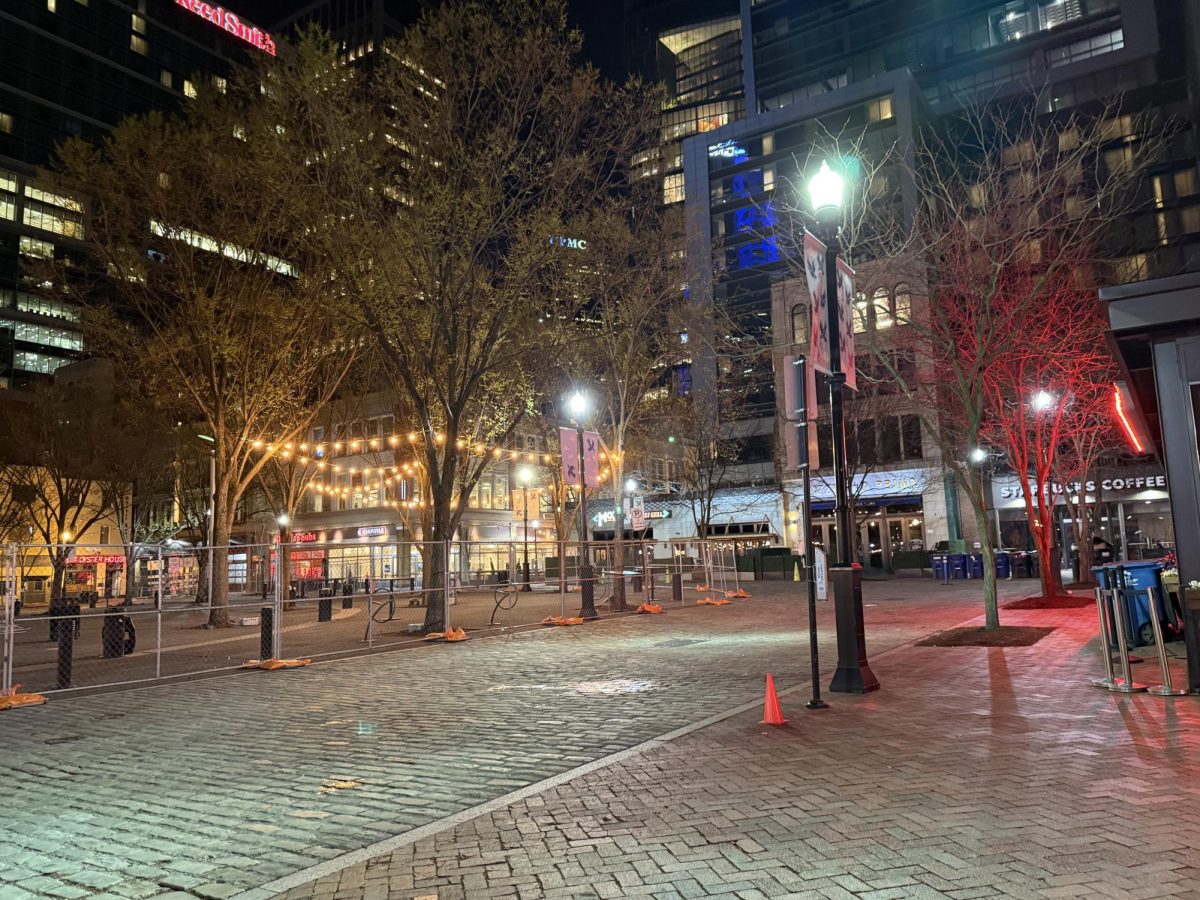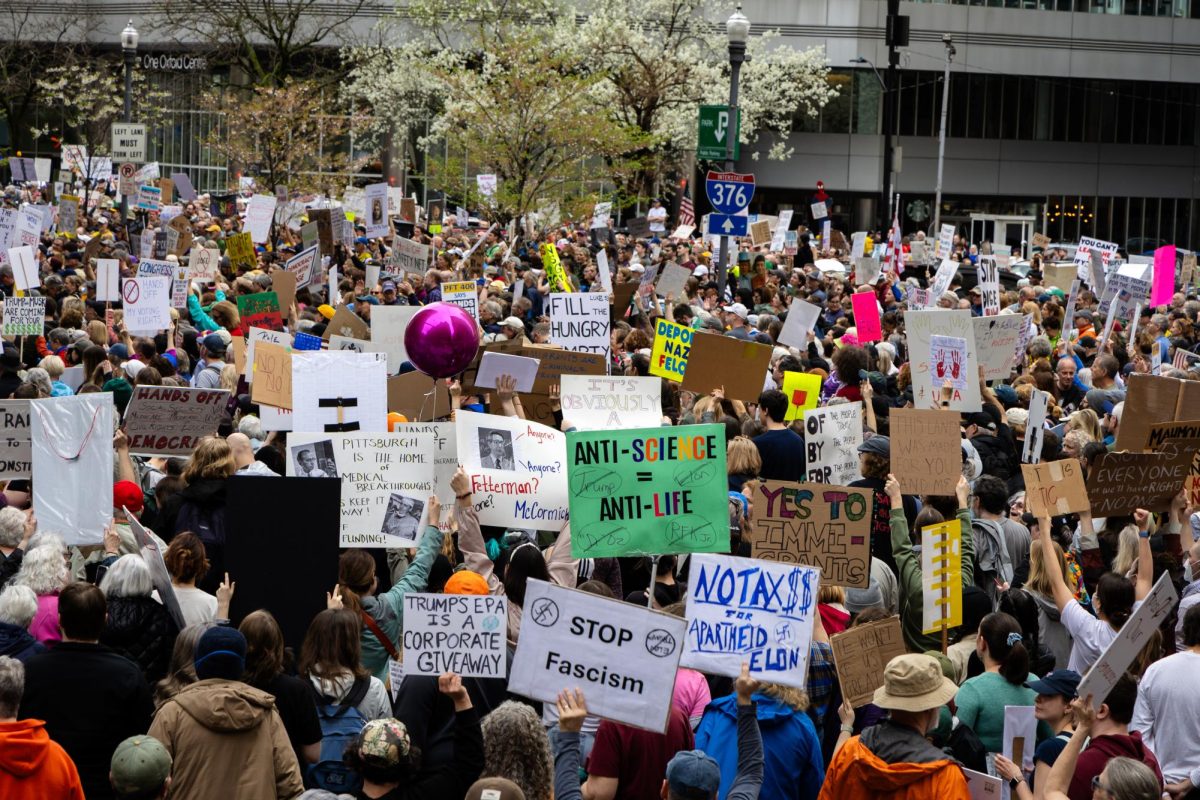
University President Paul Hennigan, Dean of Students Keith Paylo, Vice President of Student Affairs Karen McIntyre and Student Solidarity Organization (SSO) representatives met last week to discuss SSO’s charter of student rights and tuition transparency.
The administrators present were unable to be reached for comment, but Lou Corsaro, public relations and marketing manager, said this about the meeting.
“The administration at Point Park University maintains an open door policy for any students who have issues they wish to discuss,” said Corsaro in an email interview.
Samey Lee, Hana Valle and Justin Karter represented SSO at the meeting and considered it a good start to a larger discussion.
“We met with the administration, and we are excited to start working with them towards more tuition transparency and gaining more of a voice in where money within our university is being spent,” the statement, drafted by SSO member and chair of Fight Back Pittsburgh Samey Lee read.
According to Lee, the administration agreed to answer tuition transparency questions with facts and data from the budget, but not give access to the raw data. The administration also committed to review the charter and meet with Valle, who authored the document, for a more in depth review.
In addition, the administration proposed bringing in the student body as a whole. The new handbook is due at the printers in one month, so Lee is hoping SSO will be working closely with administration over the next few weeks, so these changes can be included in the 2015-2016 handbook.
The charter began last year when Global Cultural Studies Club and SSO were attempting to print literature for their action to support adjunct professors and noticed that some of their flyers were not available until after the event was over.
“We had literature unfairly censored compared to other student groups,” Valle said in an interview after the meeting on Thursday.
Valle then went digging into the student handbook and discovered the handbook prevents freedom of speech.
“As students at Point Park, we don’t have the right to freedom of speech,” Valle said. “If you’re not able to speak, you’re not able to learn.”
SSO then began to focus on students’ lack of rights, specifically the rights to free speech and due process.
Valle has spent this school year working and researching what is now the “Charter of Student Rights, Freedoms, and Demands.”
“In order for the University to make changes, they need to be presented with research,” Valle said. “So I found lots of other documents that support these demands.”
The two amendments are as follows:
“PPU administration shall not censor a student or student organization’s ability to distribute information, exchange diverse and innovative ideas, or their pursuit of knowledge; in a private and public [sic] arena, on or off campus,” and “PPU administration must provide a fair, clear, and meaningful judicial process for any all [sic] Point Park University student; free from unreasonable bias and intimidation.”
One of the biggest concerns addressed in the charter is the contradiction between what Point Park states in documents such as their Strategic Plan, their stated values and their Diversity Statement with the actual student handbook and student code of conduct.
“They’re basically telling us we can do some things and then say [they] can punish us if we do that,” Valle said.
Part of this freedom of speech issue is students who self-censor out of fear.
“Freedom of speech is integral to education. We have to be able to ask the controversial question without fear of censorship or punishment,” Valle said. “Students may not say something or ask something for fear they’ll get in trouble.”
The other issue addressed in the charter is due process and the fact that students can not record their judicial hearings.
“Students can’t decide [whether or not to record],” Valle said. “It’s at the discretion of the director of student conduct and only at higher level hearings.”
As part of her research, Valle spoke to other students about what she had uncovered in the handbook.
“[Students are] unaware they don’t have these rights to freedom of speech,” Valle said.
Students have also responded well to the first two amendments and have ideas for more.
“They always say, ‘This is so great, have you thought about [this]?’” Valle said. “This is just a starting point. As SSO continues, we want to be able to write amendments, if students approach us or see a need.”
The vision is for the charter to become part of the student handbook, something updated every year.
“The student charter is a great way for students to have input,” Valle said.
Although the University conducts a year-end survey, Valle criticized it as asking very targeted, closed-ended questions.







